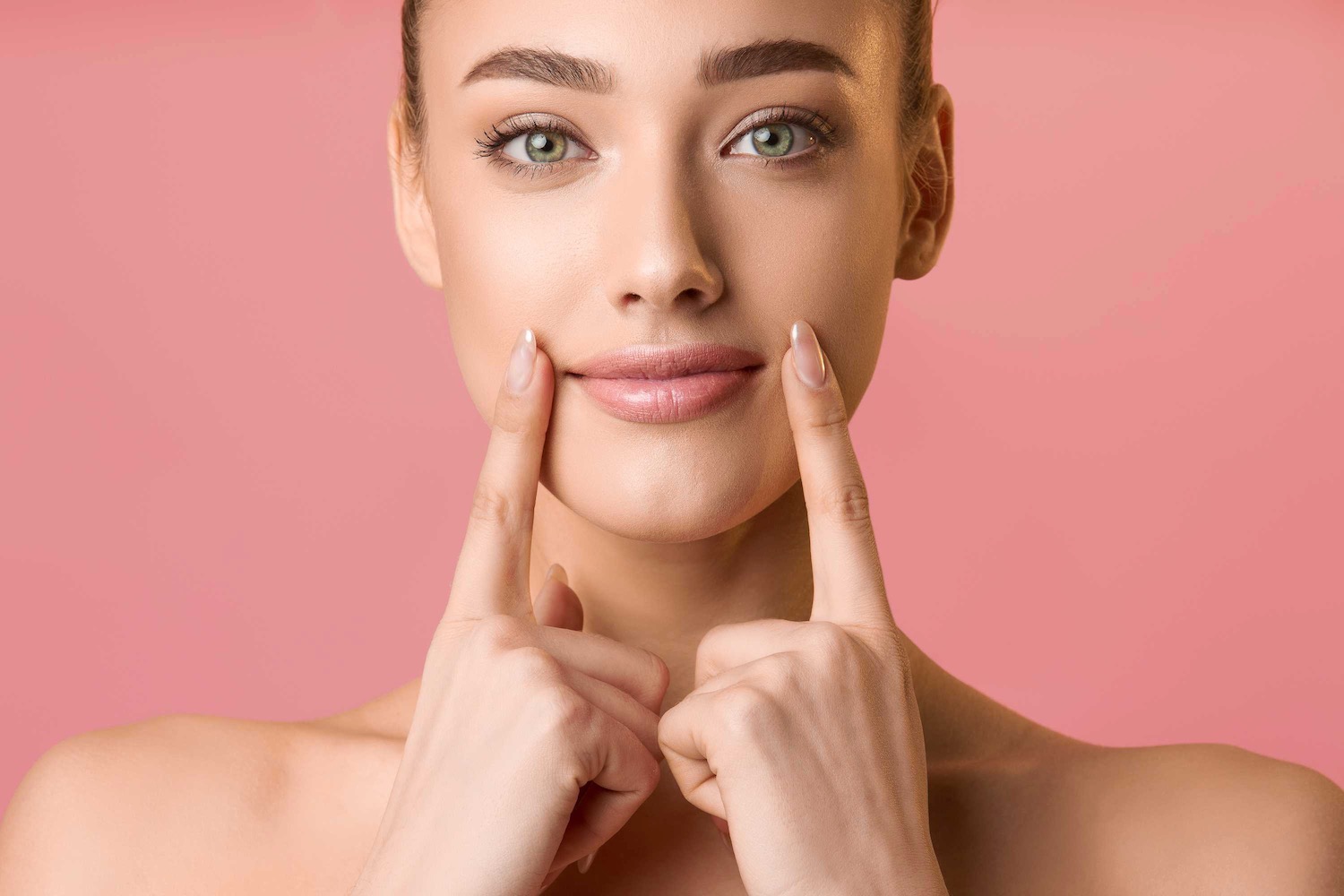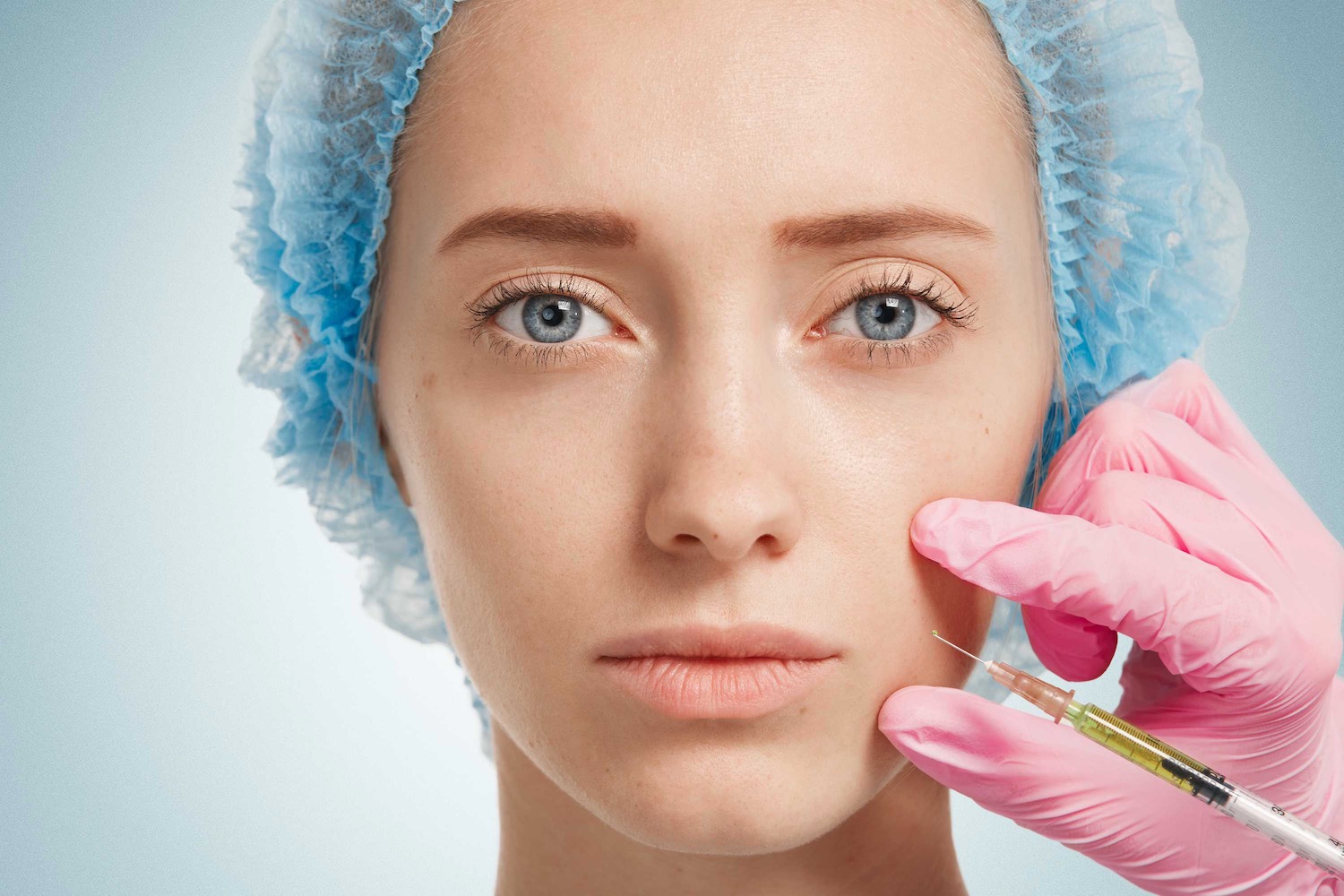
How Long Does Lip Filler Bruising Last?
Introduction
Everyone wants to have a full, luscious pout. With the help of lip injections, you can get that look without going under the knife. Lip filler bruising is a result of an injection into your lip area and it can last for days or weeks depending on how much tissue was injected into your lips.
The good news is that since there are different types of fillers available, you can find one which will give you the results desired with no side effects whatsoever. In this article we’ll talk about what causes bruising from lip filler injections and what factors influence how long it lasts as well as why certain treatments work better than others in minimizing its effects.
What is Lip Filler Bruising?
Lip filler bruising is a side effect that can range from redness to significant swelling. It is most often seen on the front of the mouth near the lip line and extends to the lips. Lip filler bruising results from the injection of blood-rich tissue underneath the skin of your lips with a needle. This process stimulates healthy tissue growth, which in turn causes the swelling.
How Long Does Lip Filler Bruising Last?
Bruising usually subsides within a few days, but can last up to two weeks.
Contributing Factors
There are several factors that can influence the duration of bruising following a lip filler treatment. These include the type of filler used, the injection technique, the patient’s age and health history, and how well they follow post-treatment instructions.
The most important factor in minimizing bruising is the type of filler used. Some fillers are more prone to causing bruising than others. In general, hyaluronic acid fillers such as Juvederm and Restylane are less likely to cause bruising than collagen fillers such as CosmoPlast and Captique.
The injection technique is also important. Injecting too much filler at one time can cause more bruising than injecting smaller amounts over a longer period of time. The doctor’s skill and experience also play a role in minimizing bruising.
Patient factors such as age and health history can also influence the duration of bruising. Younger patients tend to bruise more easily than older patients, and patients with a history of bruising are more likely to bruise after lip filler treatment.
Tips for Preventing Lip Filler Bruising
One of the best ways to prevent lip filler bruising is to avoid drinking alcohol and taking blood thinners before your treatment. Additionally, you should avoid eating greasy foods and drinking coffee in the hours leading up to your appointment. If you do experience bruising, there are a few things you can do to help minimize the appearance:
– Apply a cold compress to the area
– Take ibuprofen or aspirin to help reduce swelling
– Avoid sunlight and extreme temperatures
– Try a topical cream or gel like Arnica Montana, which can help to speed up the healing process
Conclusion
Bruising is a common side effect of lip filler injections, but with careful preparation and treatment it can be minimized. Always consult with your doctor before your treatment to find out what steps you can take to reduce your risk of bruising. If you do experience bruising, be sure to follow the tips listed above for optimal healing.

How Long Does Botox Bruising Last?
It’s no secret that Botox can do more than just temporarily reduce wrinkles on your forehead. It has also been shown to have a wide range of other benefits, including reducing excessive sweating and making you look younger. One of the most common side effects after getting Botox injections is bruising. How long does Botox bruising last? This article poses that question and provides some answers.
It’s important to understand that this bruising may vary in colors depending on how much blood is being broken down during the healing process. For example, it’s not uncommon for the bruising after Botox to be red in color. This typically lasts between a few days and a week.
As far as what causes this bruising, it can vary from person to person. This is because everyone has a different amount of blood in their bodies, which means they’ll experience side effects related to Botox injections at varying levels. Generally, however, the main cause of bruising after Botox can be attributed to the needle used for the procedure, which can puncture blood vessels and therefore tear them.
Bruising and Other Post-Botox Side Effects
Botox is a neurotoxin that is derived from the bacterium Clostridium botulinum. When it is injected into a muscle, it blocks the release of acetylcholine, a neurotransmitter that controls muscle contraction. This results in a temporary reduction in the appearance of wrinkles.
One of the most common side effects of Botox injections is bruising. This can occur anywhere on your body where the injection was administered, but it is most likely to happen around the eyes and mouth. Bruising usually disappears within a week or two, but it can last longer in some cases.
There is not too much a patient can do to prevent bruising and other side effects after having a Botox procedure. The following side effects are very possible after undergoing treatment with Botox:
- Droopy eyelids
- Soreness
- Stiffness
- Swelling
- Headache
Because there isn’t much that can be done to prevent these other side effects either – besides using a numbing cream beforehand (which will also minimize bruising) – there aren’t many things people can do to minimize bruising after Botox.
One thing that some patients have found helpful in decreasing the appearance of bruises is applying ice packs to the injection site for fifteen minutes at a time. It’s also important to avoid any strenuous activity, like working out and other forms of exercise, after getting Botox injections. This is because increasing your heart rate can cause more blood to flow to the area, which will make the bruising worse.
It is usually recommended that you avoid taking aspirin or ibuprofen for a few days after getting Botox injections. This is because both of these medications thin your blood and can make the bruising worse.
The Recovery Process
Botox injections are considered a minimally invasive procedure. This means that there is minimal downtime associated with the recovery process. Most people feel fine and can return to their everyday activities immediately after having Botox injections.
There are several things, however, that you can do to minimize bruising after Botox injections. Apply ice to the area for twenty minutes at a time, four to five times per day. You should also avoid blood thinners, such as ibuprofen or aspirin, for two weeks before getting Botox injections and for two weeks afterwards. However, these precautions won’t prevent all cases of bruising.
The recovery process after receiving Botox injections typically takes about 24 hours. Immediately after the injection, you might experience some mild discomfort or swelling that lasts for several hours. Most patients can return to their regular routine right away while others have soreness that lasts a little longer. Bruising usually starts around three days after treatment and can last up to one week in certain people, especially if they take blood thinners.
When Will Bruising Disappear?
After receiving Botox injections, most people experience bruises that appear darker than usual at first. These bruises will then fade into normal looking discoloration over the course of four to five days.
If you’re wondering when your bruising will fade completely after Botox injections, it could take up to two weeks for your bruises to disappear because everyone’s bodies heal differently and at different rates. Because there aren’t many things one can do to minimize bruising after Botox, it’s important to be patient during your recovery process.
Bruising is an expected side effect of Botox injections and it will clear up on its own over time. It’s also important not to get another set of injections done until the bruises have disappeared completely because getting more injections before they are healed will just prolong your recovery time.
After having Botox injections, most people experience dark discolorations that appear after their injection sites swell slightly. These bruises can take up to two weeks to disappear completely but will fade into normal looking skin tone over this time period.
To decrease the appearance of bruising while you recover, try applying ice packs for minutes at a time or avoiding strenuous physical activity. Bruising is an expected side effect of Botox injections and will go away on its own over time, so be patient and take the necessary precautions during your recovery.
Finally, bruising after Botox injections usually lasts one to two weeks, but it can last longer in some cases. There are several things you can do to minimize bruising, such as applying ice and avoiding blood thinners. The recovery process typically takes 24 hours and most people can return to their regular routine right away. However, some patients may experience soreness that lasts a little longer.
